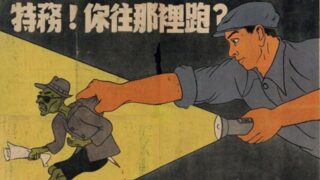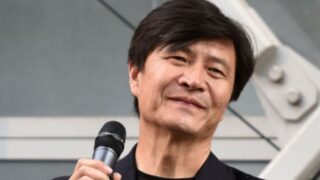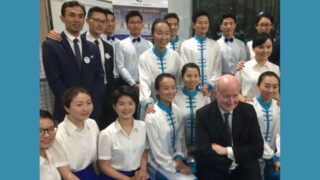Three-Self Church honors him as “a great Marxist we love and miss” and says he did “a good job in religious work.” In fact, he increased surveillance and persecuted believers.
by Zhang Chunhua
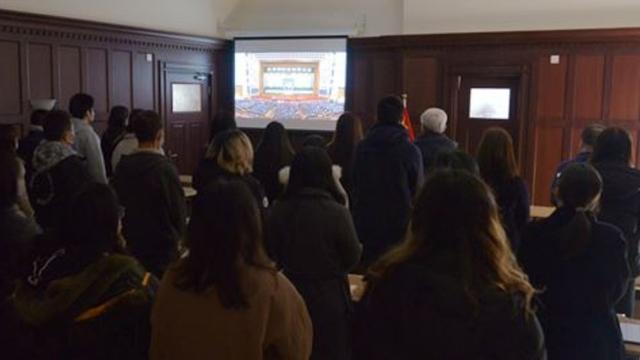

Jiang Zemin, who was the General Secretary of the Chinese Communist Party (CCP) from 1989 to 2002, and the President of the People’s Republic of China from 1993 to 2003, died on November 30, 2022.
He was greatly honored by Xi Jinping and the CCP, which is of course not surprising. More surprising is that the government-controlled Three-Self Church, the only legal Protestant body in the country, called all Christians to remember and commemorate him. On December 6, national leaders of the Three-Self Church gathered in Shanghai to watch together the Memorial Conference for Jiang Zemin. Instructions to do the same were sent to all churches nationwide.
The Three-Self Church honored Jiang as “a great Marxist we all love and miss.” Pastor Kan Baoping, the Vice Chairman of the China Christian Three-Self Patriotic Movement Committee, explained that Jiang did “a good job in religious work” and started the “Sinicization of Christianity” now completed by Xi Jinping. According to Pastor Kan, Jiang’s work on religion was “extremely instructive for the development of the United Front Work and has played a huge role in how to do a good job in the United Front Work in the new era.”
While Christians may surely pray for all deceased, it is a different matter to ask Christian communities to remember Jiang for his “good job” about religion.
Jiang is widely remembered as the butcher of Falun Gong. He personally ordered in 1999 the merciless repression of Falun Gong practitioners, thousands of whom were arrested, detained, and tortured. Many were victims of extra-judicial killings.
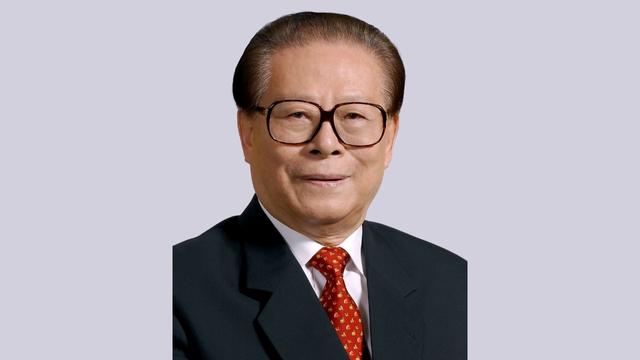

The “good job” of Jiang did not stop at Falun Gong. When he came to power, the famous Document no. 19 of 1982 of Deng Xiaoping, which granted some limited tolerance (emphasis on limited) to independent believers, was in force. Jiang supplemented it with Document no. 6 of 1991, which came after the State Council’s National Work Conference on Religion of 5–9 December 1990. Jiang did confirm the principles of Document no. 19 but clarified their condition was the cooperation of believers in the repression of illegal and banned groups.
Jiang’s religious policy was summarized in the “Three Sentences” (三句话): enforce Party policies on religion, strengthen control of religion, and actively lead the adaptation of religion and socialism. He also stated that religions supporting “separatism” or the independence of Taiwan were forbidden, thus increasing the repression of Tibetan Buddhists, Xinjiang Muslims, and Christian religious movements headquartered in Taiwan.
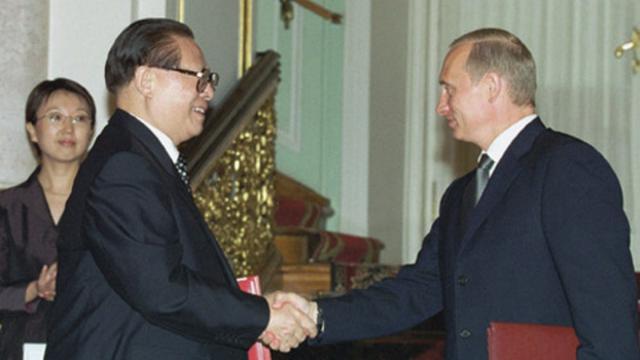

In December 2001, Jiang organized a National Work Conference on Religious Affairs, whose original aim was to gather support for his ruthless persecution of Falun Gong. At the conference, however, he stated that Falun Gong was being eradicated and now the main item of the agenda was the adaptation of religion and socialism. Jiang made it clear that the Party would continue to promote atheism, particularly in the schools, and that it was because it believed that this educational activity would ultimately eliminate religion that the limited tolerance of Deng’s Document no. 19 was reaffirmed. He also said that approved or tolerated religions should cooperate in the persecution of the groups banned as xie jiao.
Jiang was just another Communist CCP leader. Although perhaps less violent than Xi Jinping in his struggle to eradicate “illegal” religion, he was not less firm in the surveillance of religions and punishment of all religious dissent, as his brutal persecution of Falun Gong demonstrated. That Christian believers are asked to celebrate his “good job in religious work” only confirms that the Three-Self Church is acting more and more as a simple propaganda mouthpiece of the CCP.


